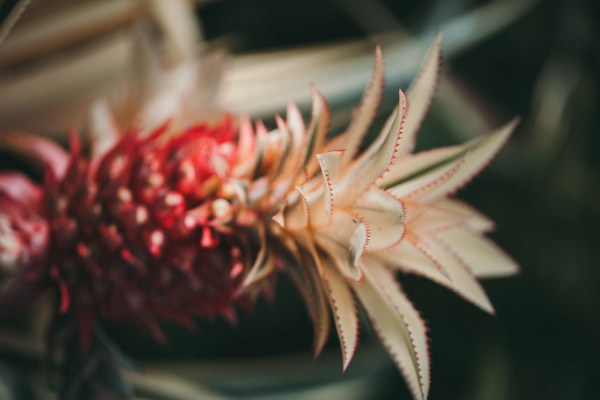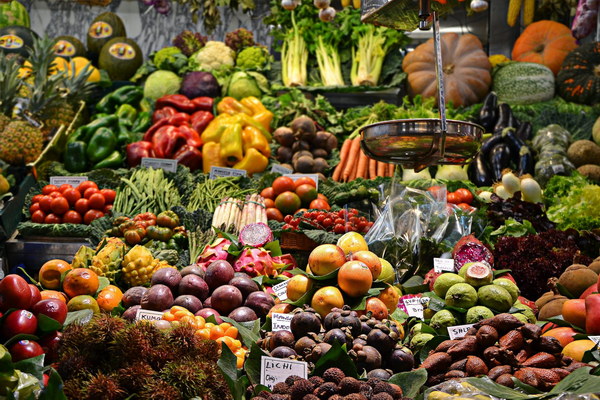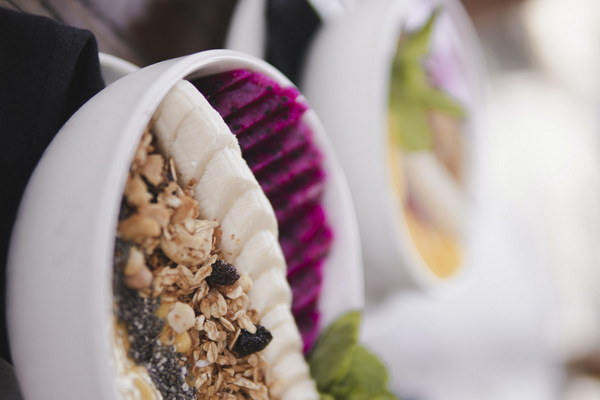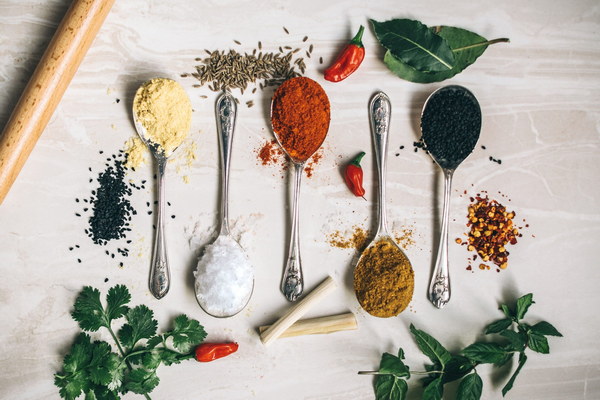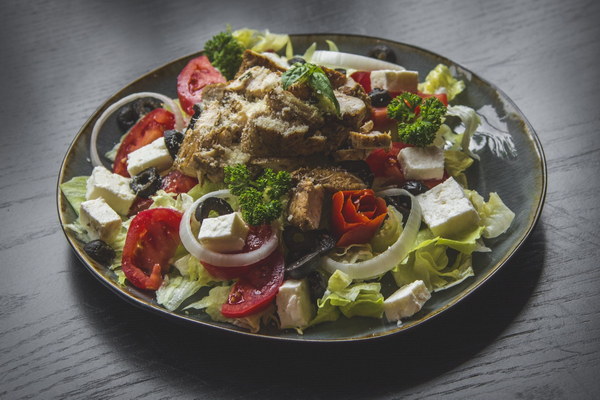Revitalize Your Health with Our Comprehensive Guide to Herbal Tea Recipes
In today's fast-paced world, maintaining good health can be a challenge. However, one simple way to boost your well-being is by incorporating herbal teas into your daily routine. Our comprehensive guide to herbal tea recipes will help you discover a wide array of teas that cater to different health concerns and preferences. From soothing chamomile to invigorating ginger, we have got you covered. So, sit back, relax, and let's embark on a journey to explore the world of herbal tea recipes.
1. Introduction to Herbal Teas
Herbal teas are made from the leaves, flowers, roots, or berries of various plants, and they are caffeine-free. These teas offer numerous health benefits, such as improving digestion, boosting the immune system, and promoting relaxation. While some herbal teas have been used for centuries in traditional medicine, modern research continues to support their health benefits.
2. Common Types of Herbal Teas

a. Chamomile Tea
Chamomile tea is a popular choice for its calming properties. It can help reduce stress, anxiety, and promote better sleep. Additionally, chamomile tea has anti-inflammatory properties that may aid in soothing an upset stomach and reducing inflammation.
b. Ginger Tea
Ginger tea is known for its ability to boost metabolism, relieve nausea, and alleviate digestive issues. This spicy tea is also believed to have anti-inflammatory and antioxidant properties.
c. Green Tea
Green tea is rich in antioxidants, particularly catechins, which have been shown to promote weight loss, reduce the risk of heart disease, and improve brain function. Green tea is also known to have a diuretic effect, which can help in reducing bloating.
d. Peppermint Tea
Peppermint tea is a refreshing choice that can help alleviate indigestion, reduce bloating, and soothe an upset stomach. Additionally, peppermint tea has been found to have antimicrobial properties and can help with respiratory issues.
3. Health Benefits of Herbal Teas
a. Improved Digestion
Herbal teas can aid in digestion by soothing the gastrointestinal tract and promoting the production of digestive enzymes. This can help alleviate symptoms of indigestion, bloating, and constipation.
b. Boosted Immune System
Herbal teas, such as echinacea and elderberry, are known for their immune-boosting properties. These teas can help prevent infections and support your body's natural defense mechanisms.
c. Stress Relief
Herbal teas like chamomile, lavender, and lemon balm are known for their calming properties, which can help reduce stress and anxiety levels.
d. Weight Management
Teas like green tea, white tea, and oolong tea have been shown to promote weight loss by boosting metabolism and increasing fat oxidation.
4. Herbal Tea Recipes
a. Detoxifying Lemon-Ginger Tea
Ingredients:
- 1 cup of water
- 1 teaspoon of fresh ginger, grated
- 1 lemon, sliced
- 1 teaspoon of honey or stevia (optional)
Instructions:
- Boil the water and add the grated ginger.
- Let it simmer for 5 minutes.
- Add the lemon slices and let it steep for another 5 minutes.
- Strain the tea and sweeten with honey or stevia if desired.
b. Calming Lavender Chamomile Tea
Ingredients:
- 1 cup of water
- 1 teaspoon of dried lavender flowers
- 1 teaspoon of dried chamomile flowers
- Honey or stevia (optional)
Instructions:
- Boil the water and add the lavender and chamomile flowers.
- Let it simmer for 5 minutes.
- Strain the tea and sweeten with honey or stevia if desired.
5. Conclusion
Incorporating herbal teas into your daily routine can provide numerous health benefits and enhance your overall well-being. Our comprehensive guide to herbal tea recipes has provided you with a variety of options to choose from, catering to different health concerns and preferences. So, go ahead and savor the delicious flavors and health benefits of these natural wonders. Cheers to your health!
